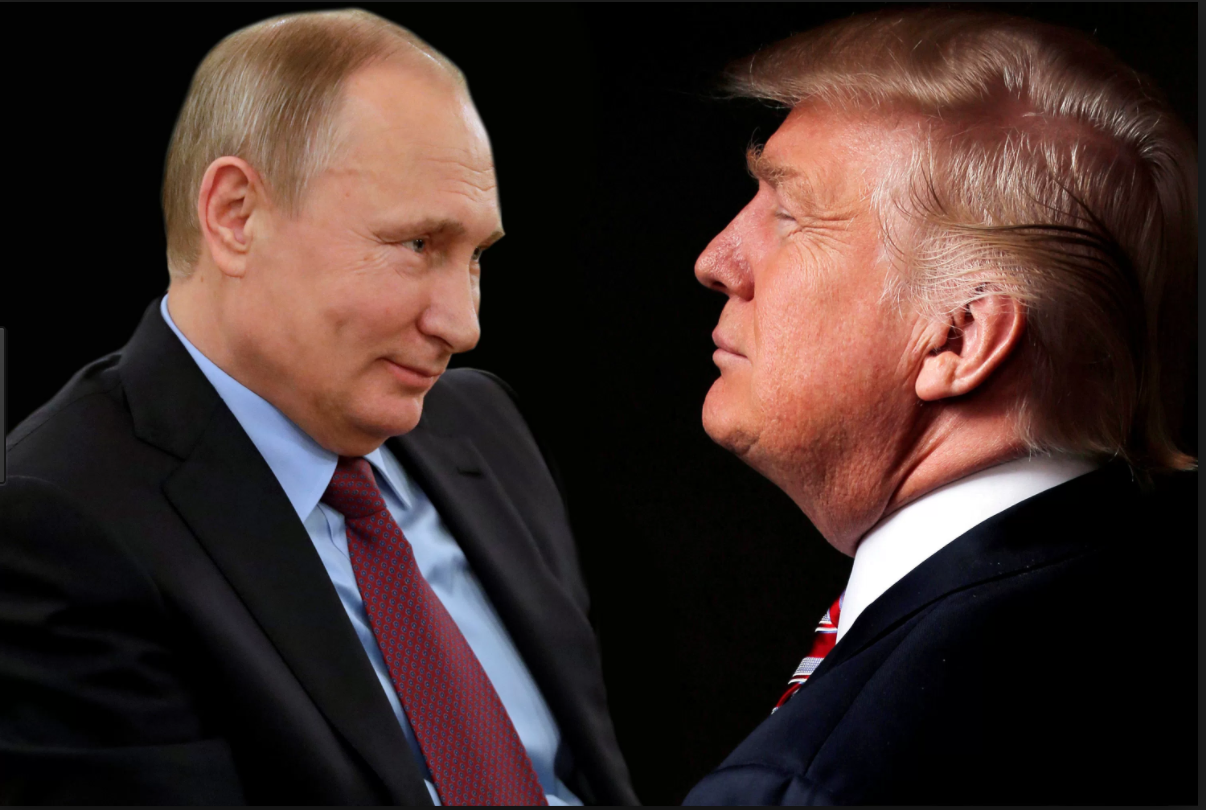The visit to Ukraine of American congressmen who promised not to cancel but to strengthen sanctions against the Russian regime encouraged those who fear the clumsy first steps of the new US administration on the international stage. However, should one be confident that the positions of a few senators will be crucial for the Republican majority in the Senate and the House of Representatives? That an absolutely unprecedented alliance will be formed between Republicans and Democrats in an attempt to oppose the possible conciliatory position of the Donald Trump administration?
If such an alliance is indeed formed -- not in intentions but in actual voting -- this could become as newsworthy in the political life of the United States as the selection as head of state of a businessman without government experience and with no previous participation in any elected government body. For that reason, one should not discount anything. The election of Trump is a terrible unbalancing of the entire US system of government and an automatic crisis for the institutions. And no one, including Trump himself, knows how this crisis will be surmounted.
And, most importantly, no one can determine the dimensions of this crisis just as no one, including Trump himself, knows the true intentions of the American president. And that includes the question of sanctions against Russia.
The new sanctions, which have been imposed by outgoing President Barack Obama in response to Moscow's interference in the election processes in the United States, could concern Trump not so much because of his desire to improve relations with Putin as because of doubts cast on his own legitimacy. If one agrees that Moscow interfered in the elections process -- and did so successfully -- then one has to recognize that American citizens voted for the Republican candidate under the influence of Russian actions and "revelations." Who would like that? Not Trump! But when it becomes a question about other sanctions tied to the war against Ukraine, their cancellation can no longer be tied simply to the desire to eliminate unpleasant complications in bilateral relations.
The lifting of these sanctions is a matter for agreements. The same agreement that Trump may intend to conclude with Putin and the details of which are often discussed today in international media. But when the agreement that Trump wants to conclude with Putin is discussed, people never think about the answer to another question. Does Putin want to make a deal with Trump?
Perhaps, from our point of view or even the point of view of the new American president, Putin needs such an agreement to stabilize the situation in his own country and to strengthen his authority on the international arena. But Putin himself may consider Trump as someone who owes his election victory to him. Who should not be negotiating agreements but who, instead, should be giving thanks. Who should not be imposing conditions but who, instead, should be making attractive offers. For Putin, Trump is simply the first secretary of the Washington Municipal Party Committee. His party. And if the elected American president still does not realize it, he will soon.
The most interesting question is what he will do when he confronts reality and not just his own image of the world. We are discussing a possible confrontation between Trump and an outraged Congress. However, an alliance between the president and Congress against Putin is also possible, not to a lesser but to a greater degree.




